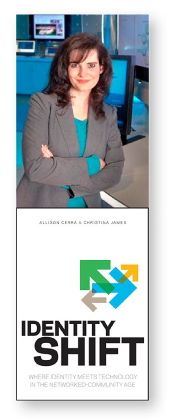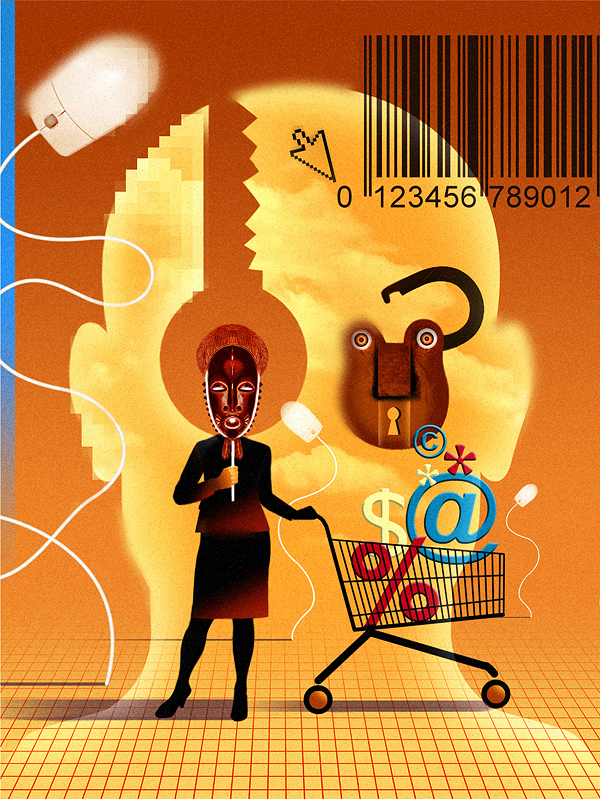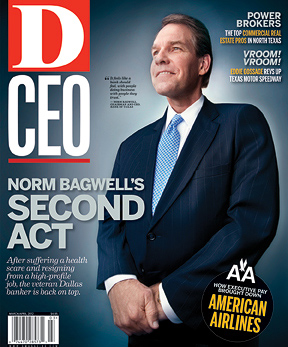Five years ago, the iPhone changed the world of mobile, connected devices. It also changed us. It gave us unprecedented mobile access to information and made sharing intimate details of our lives an afterthought, often to the delight of marketers.
Since 2007, consumers have been truly uninhibited about how and when they send messages, share photos, and post videos on the go. And, to be sure, our options have expanded far beyond the iPhone. In 2011, AT&T supported 33 new smartphone models from more than eight different manufacturers, in addition to the various flavors of the iPhone.
Now we’re figuring out that a more mobile lifestyle isn’t just about having a computer in your pocket and being on the move. It’s about the volume and kind of data we leave behind and the changing nature of the digital identity we create in the process.
Consumers share more about themselves, more freely, than ever. Yet they still want to feel like their data and identity are safe. They want to trust the companies they do business with, even though most will give personal details to a firm they’ve never heard of to get something free.
We’re changing. And businesses that think they know what consumers want may be in for a surprise. A local author recently found out that one of the best ways to find out how much snooping a consumer will tolerate is to watch them constantly and record their thoughts and moves.
You can’t make this stuff up. But a hypothetical scenario might help you appreciate what data is out there, what can be done if it’s harvested, and how our identities are squarely in the middle of the issue.
A Slippery Slope
What if you were led to my physical presence by a Foursquare check-in at a nearby bookstore, confirmed by a Twitter post about a clothing store two doors down? What if you somehow correlated those rather mundane occurrences and factored in a Facebook post I made a week earlier about an upcoming ski vacation?
Everywhere we go, businesses are counting on using our digital data. Cowboys Stadium in Arlington, in fact, is a mecca for digital marketing, with its hundreds of miles of fiber and cellular repeaters every so many feet. “Instead of just being a sunk cost, a well-thought wireless network can provide not only an enhanced fan experience but a wealth of opportunity for greater concession sales and advertising opportunities, which can be customized almost on a seat-by-seat basis,” says Paul Kapustka, editor of Mobile Sports Report, a technology website. Kapustka adds that if stadium owners and sports clubs factor in prior patronage and the latest wireless antennas, they can adjust pricing on the fly when their most valuable guests makes purchases as far as a mile away from the stadium itself.
These are not far-fetched scenarios, and they’re equal parts scary and exciting for consumers and retailers. And I didn’t even bring up facial recognition technologies, which will no doubt accelerate consumer-retailer matchmaking.
My point: most people would love to save effort and money by receiving a timely offer, but not everyone wants the neighborhood ski shop or their favorite football team panning through their digital lives and looking for retail gold.
In her book Identity Shift, Allison Cerra, the Plano-based chief marketing officer for Alcatel-Lucent’s Americas region, spells out the stakes for consumers in a networked society:
“In a world where just about any ordinary item—from pill bottles to dog collars to washing machines—can be connected to the network, more will be known about us through the connected things we own than we could possibly share via irregular social-networking status updates. Whether we realize it or not, the trace we leave behind us today becomes more indelible in the future as more objects are connected. My digital footprint reveals who I am, whether I am conscious of the trail left behind me or not.”

The problem is, consumers “have no idea that they are licensing the sites to free, unfettered use of photographs, email addresses, names, and contact information that they intended for personal friends, children and neighbors,” SMU Internet law professor and Gardere partner Peter Vogel told the DMN last year.
Even when consumers aren’t responsible with their own data, companies that aren’t up-front about how they treat their customer’s information can lose clients and, worse, the public’s trust.





